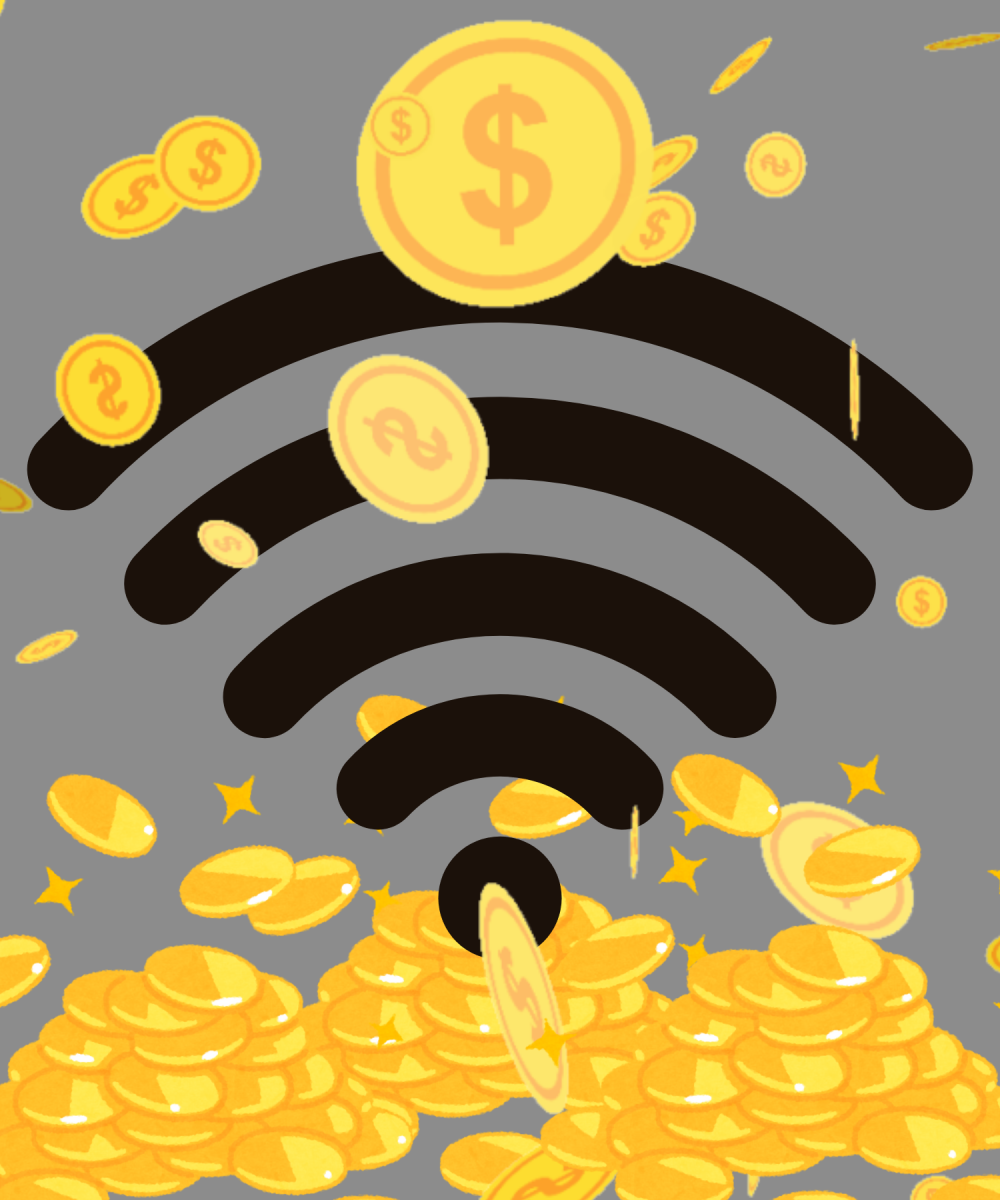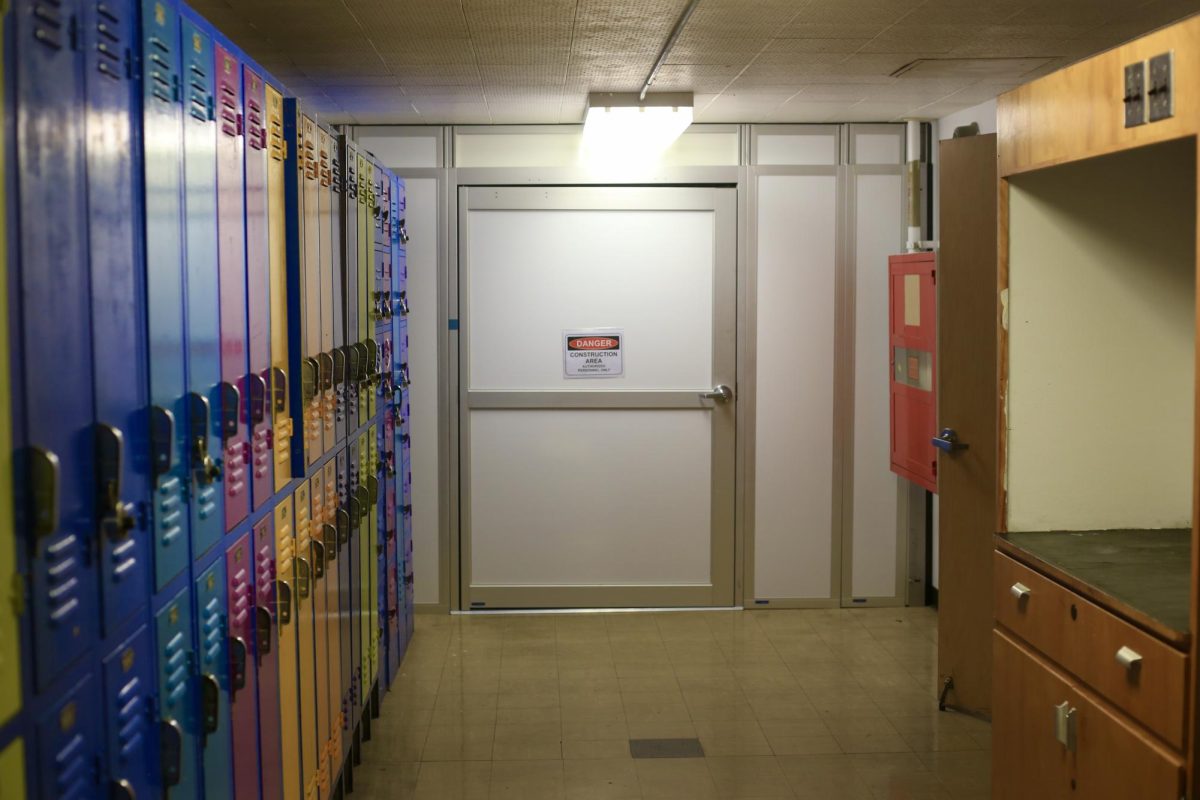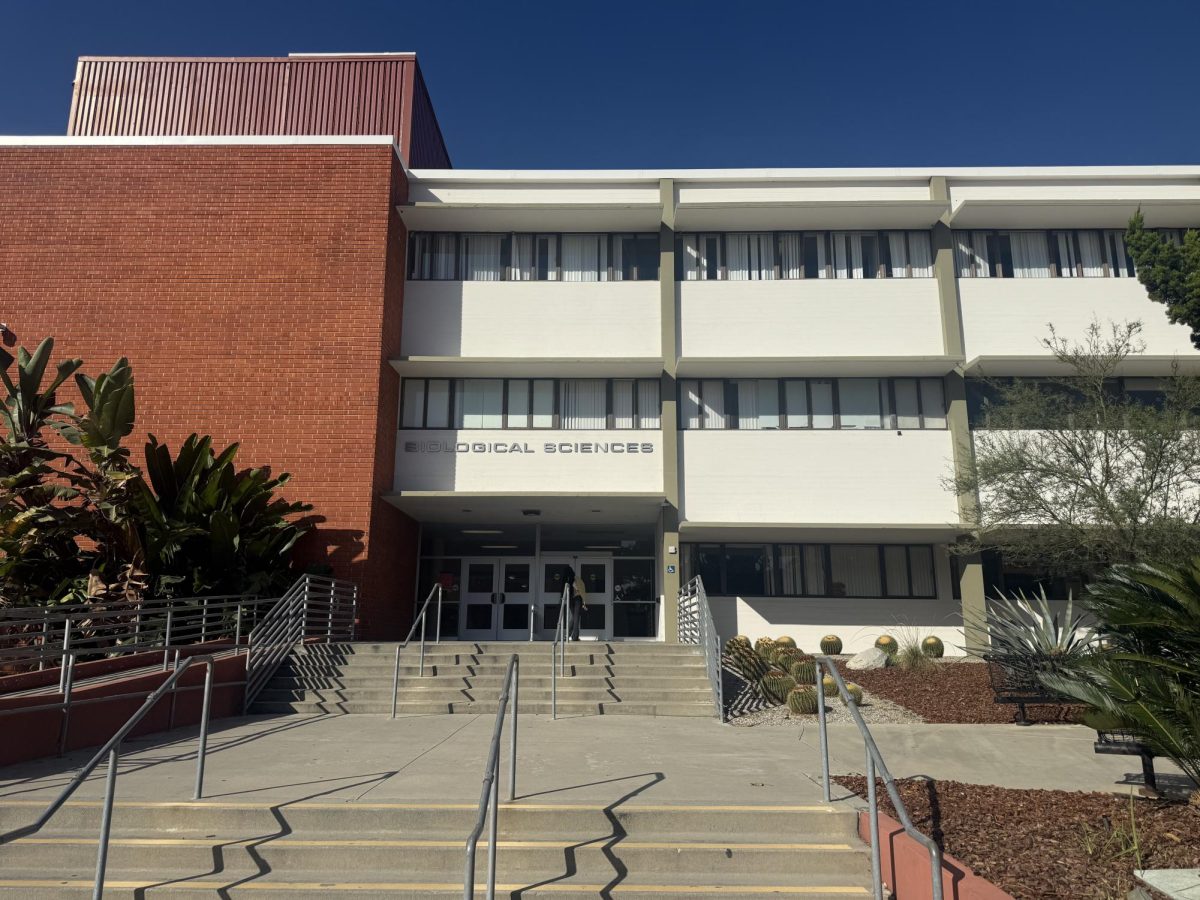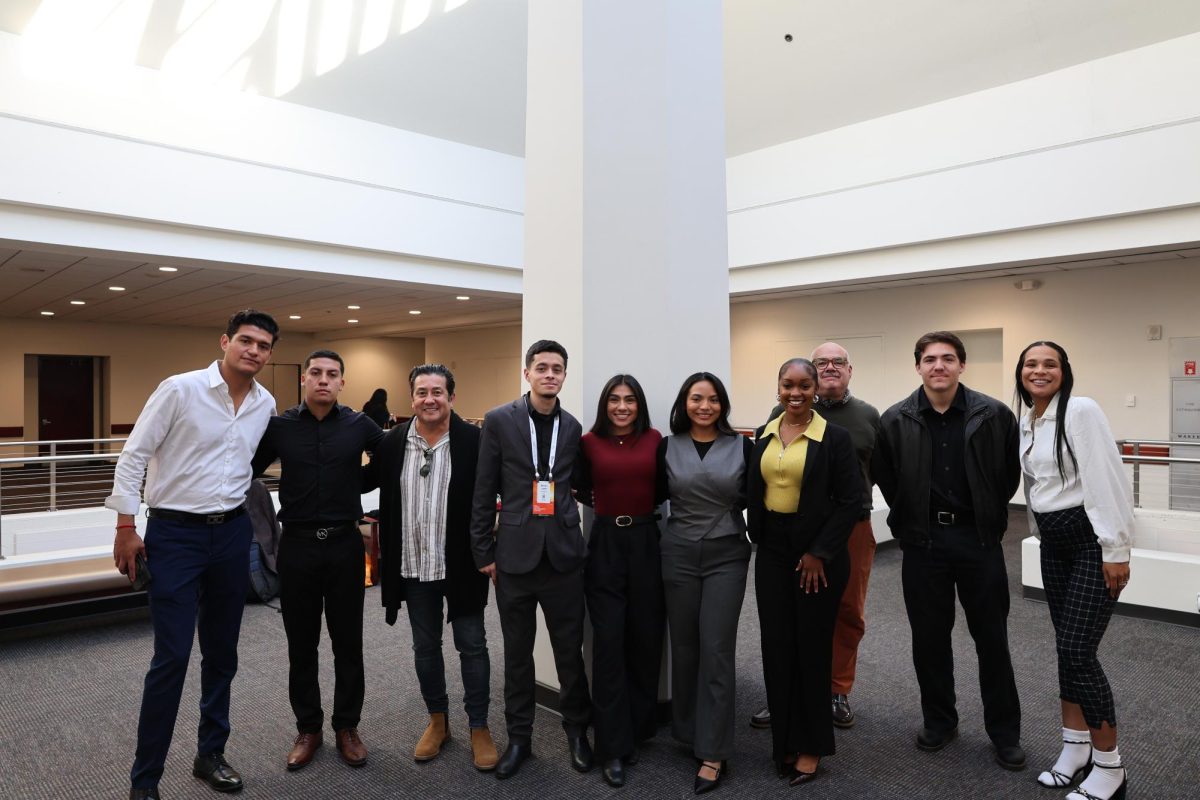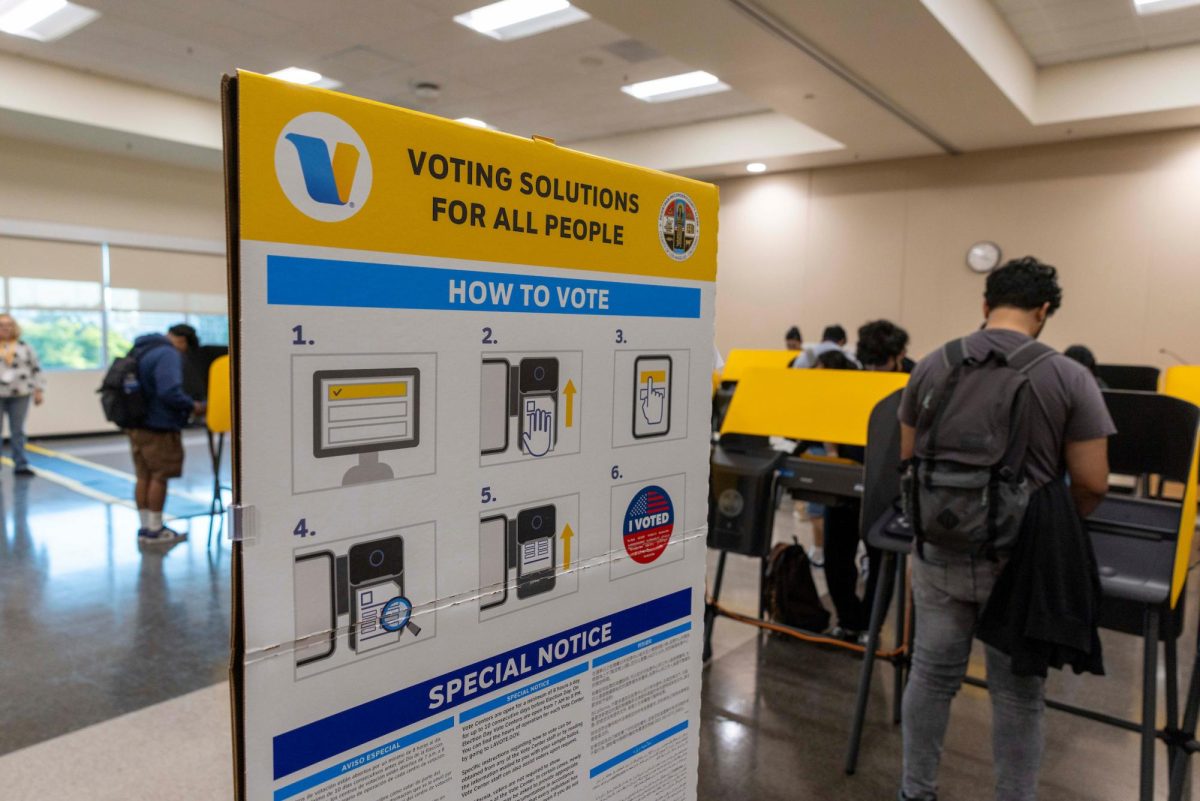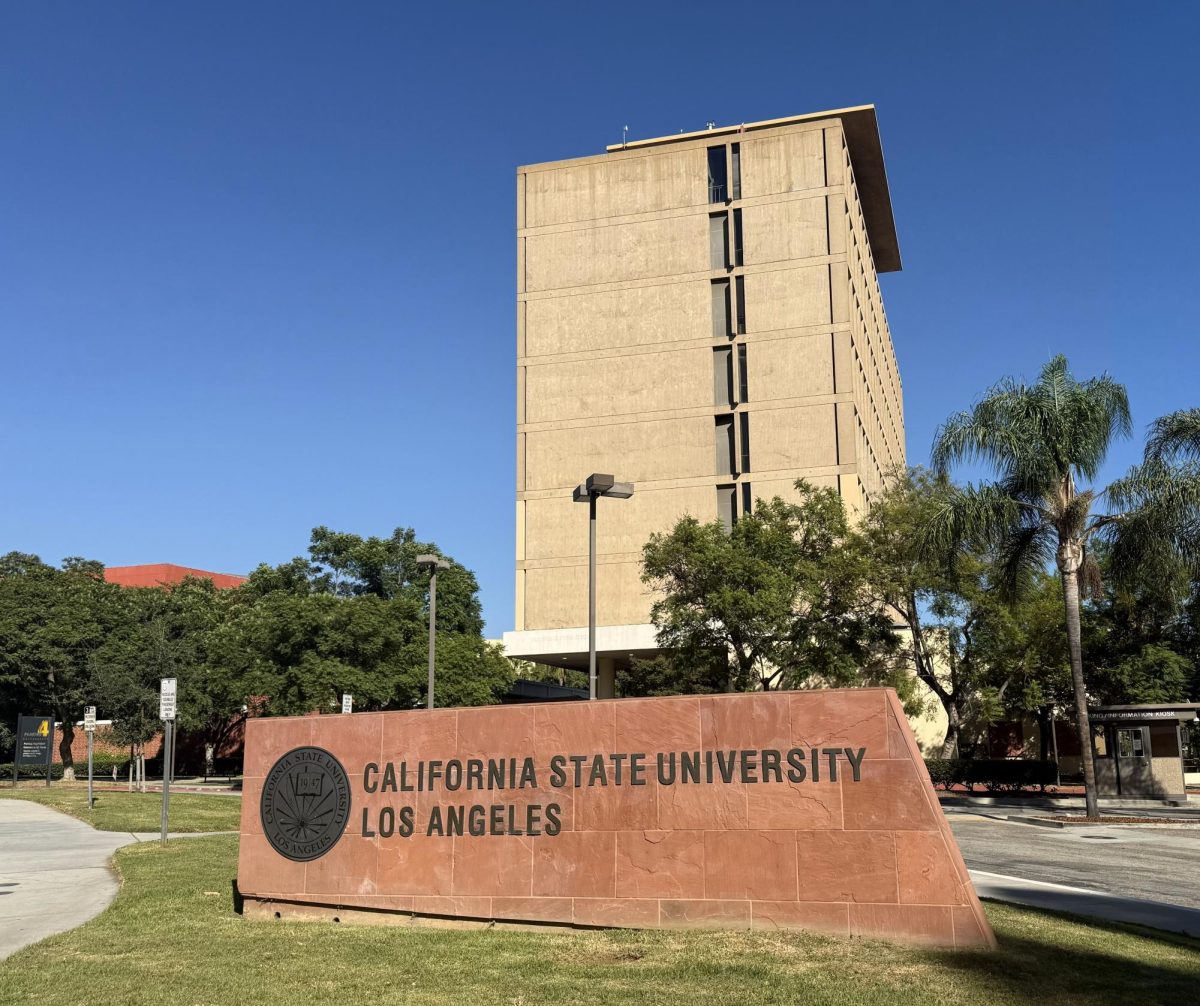In an ever-evolving digital world where MacBooks and Windows computers have replaced pens and paper in the classroom, technology and reliable internet access are an essential part of modern-day education. Staying connected comes with a price however, and although students are covered while on campus, they can expect to dip even deeper into their pockets to pay their home internet bill when the Affordable Connectivity Program (ACP) comes to an end this spring.
Earlier this year, the Federal Communications Commission announced that the ACP, which provides eligible households with a $30 per month home internet discount, was expected to come to an end after April — unless Congress appropriates additional funds to keep the program afloat. With no update on further funding, the more than 22 million American households enrolled in the ACP will have their benefits cut off and return to standard billing in May. The ACP was established by Congress in 2021, which set aside $14.2 billion in funding for the program. Fourth-year student Gabriel Sanchez recognizes how crucial high-speed internet is and remembers the challenges of doing schoolwork without a personal computer or home internet.
“We live in a time where internet is already a necessity and should be a right in this country,” Sanchez said. “I already know it’s gonna affect students, not necessarily just in college, even all the way down to elementary school. In high school, I would go to the library just to use the computers and internet before we had Wi-Fi at home.”
Sanchez says that even today he often stays on campus after classes to use the university’s internet, since multiple devices on the same home network can sometimes lower speeds.
“Sometimes I stay here to work, not necessarily because the internet is faster than at home, but it’s just easier to access compared to at home where everybody is connected to the same Wi-Fi.”
Others like art major Joana Partida would like to see the discount continue, knowing that it’s a lifeline for some low-income households.
“I definitely feel like it should be extended because a lot of students depend on the internet and those who can’t afford it go to libraries and other public places for access,” Partida said.
Partida specializes in animation and says that she has classmates who not only depend on the university’s Wi-Fi to get their projects done, some don’t even have a personal computer at home. A disconnected household is hard to imagine for some, however 18% of U.S. households cannot afford home internet service, according to the National Telecommunications and Information Administration.
Maria Elena Meraz is the founder and CEO of Parent Engagement Academy, a nonprofit that coaches parents and helps them become more engaged in their kids’ education. As someone who works directly with some of these low-income elementary school families, she is mindful of the struggles of internet-less households.
“Many of them don’t have internet,” Meraz said in an interview last November. “It’s really hard for some of the parents to help their kids with schoolwork because they depend on McDonald’s and Starbucks to get free internet.”
Meraz says that some parents share their cellular hotspot with their kids to compensate for lack of home internet.
Second-year sociology major Allenie Yarez says that many students are already on a budget and although it isn’t a big discount, ACP helps.
“Students are already struggling to pay for tuition and other school-related expenses so now it’s gonna be even harder for them,” Yarez said. “If [ACP] was the only way it was affordable for them, it’s going to be even harder now.”

